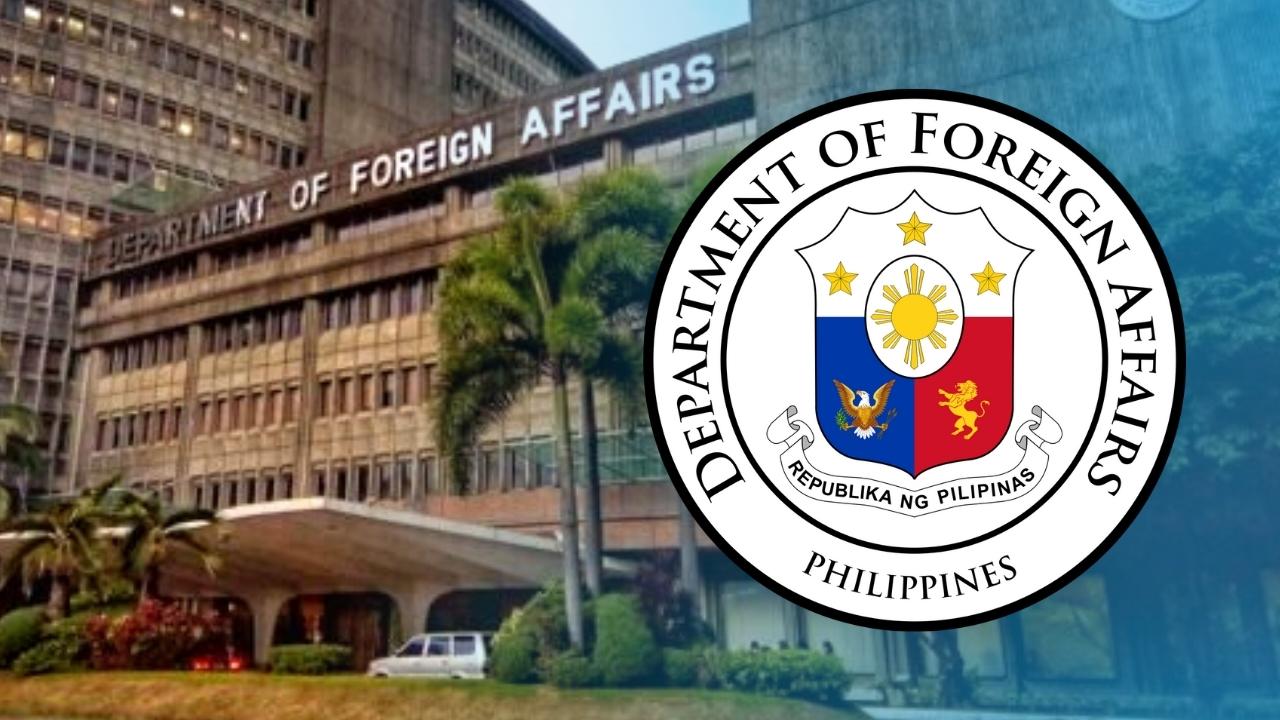
Department of Foreign Affairs. INQUIRER FILE PHOTO
MANILA, Philippines — Lawmakers on Thursday identified two programs of the Department of Foreign Affairs (DFA) and the Bureau of Immigration (BI) that need to be reviewed, if not discontinued, as these may have been used by syndicates to bring in undesirable foreigners who later committed crimes in the country.
Sen. Loren Legarda expressed concern about the six temporary offsite passport services (TOPS) operating in the provinces, saying the local government units operating them were only supervised by the DFA.
“It’s a national security issue. We can’t wait another year … if even just one Alice Guo slips through, we’re done for. We can’t wait any longer. That must be shut down now,” Legarda said during a Senate hearing on the proposed DFA budget for 2025.
At the House, Assistant Majority Leader and Leyte Rep. Richard Gomez called for the termination of the visa-upon-arrival (VUA) scheme, which he said allowed the entry of foreigners with minimal vetting.
Gomez said that while the VUA helped promote business travel and tourism, it “also presents significant challenges and risks, including potential security threats, illegal immigration, and exploitation by human trafficking syndicates.”
Different techniques
Legarda cited the case of Guo, the dismissed mayor of Bamban, Tarlac, whom authorities confirmed to be a Chinese national named Guo Hua Ping and was allegedly involved in the human trafficking of hundreds of foreigners in the illegal Philippine offshore gaming operator in her municipality.
At the Senate hearing, Assistant Secretary Adelio Cruz of the DFA said the department was able to prevent 171 “questionable” passport applications by foreign nationals who tried to apply in various TOPS and DFA consular offices and even in the main office in Aseana, Parañaque City.
“We canceled 66 passports that were found to have been fraudulently issued to Chinese foreign nationals,” Cruz added.
“What we do to ensure that this does not happen again is, if it is a questionable application, we immediately get the biometrics of that person, flag it all over the country to avoid their forum shopping and attempt to apply to other offices,” he said.
Cruz noted that all of the declined applicants used birth certificates that were either genuine or “obviously fraudulent.”
“We even had one case, a foreign national [who] came in and he appeared to be a PWD (person with a disability). Deaf. So he just sat there smiling, [but] it was fortunate that we had people who knew how to communicate using sign language. To that extent, we were able to prevent the application of that foreign national. So they’re trying so many ways and means,” Cruz recalled.
Additional DFA budget
“The brazenness of the syndicates to even apply at Aseana and our consular office is astounding, but they would take advantage of TOPS, and I’m sure out of the 171, many go to TOPS because that’s not DFA. If it’s organic DFA [employees], they would be scared,” Legarda noted.
She promised to amend the proposed P27.4-billion budget of the DFA to include funds needed to convert the TOPS into DFA-controlled offices, which the DFA said would cost P16.4 million each.
TOPS were part of the DFA program during the pandemic to provide remote consular services during the lockdowns and their only mandate is to renew passports, Cruz said.
Two TOPS are located in Cebu, one in Quezon City, and another in Parañaque City and Taguig City. The DFA website lists the sixth TOPS office in Olongapo City.
Cruz also said the DFA was drafting a memorandum of understanding with the Philippine National Police to hasten the apprehension of foreign nationals making fraudulent passport applications anywhere in the country.
Ease of getting visas
Gomez said that since the VUA allows foreigners to enter the country with minimum examination, “there have been instances where this scheme has been exploited by criminal elements, including human traffickers and individuals involved in illegal activities.”
He noted that strengthening prearrival visa processes would help mitigate these issues by ensuring that applicants are thoroughly vetted before being granted entry by the BI at the port of entry.
“By requiring visas to be obtained prior to arrival, the government can better protect potential victims [of human trafficking] through more rigorous checks and coordination with international agencies,” Gomez added.

